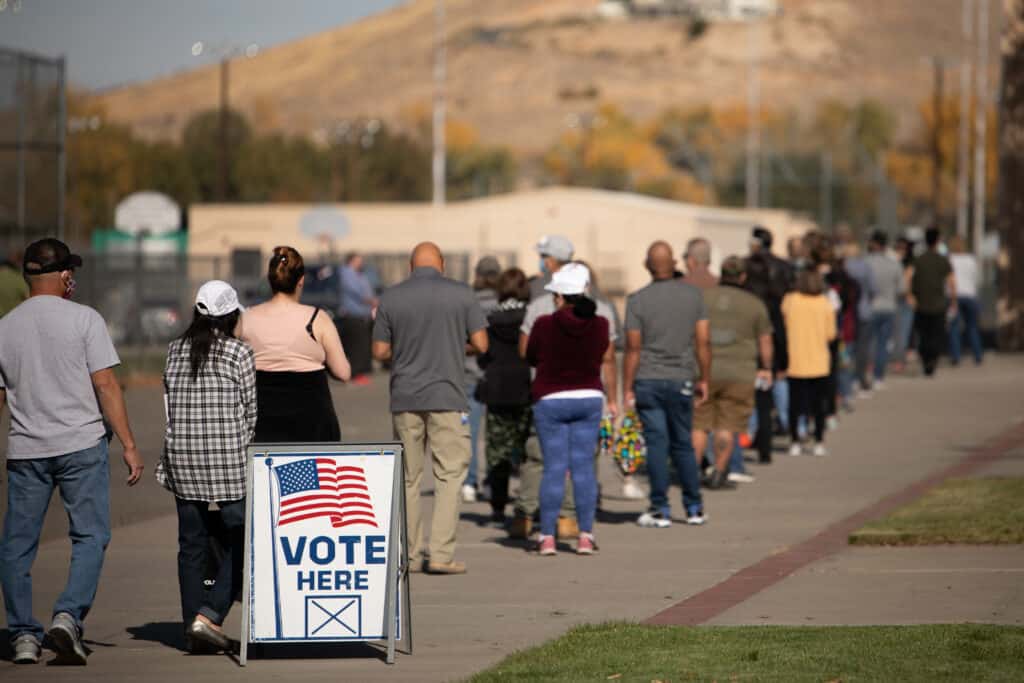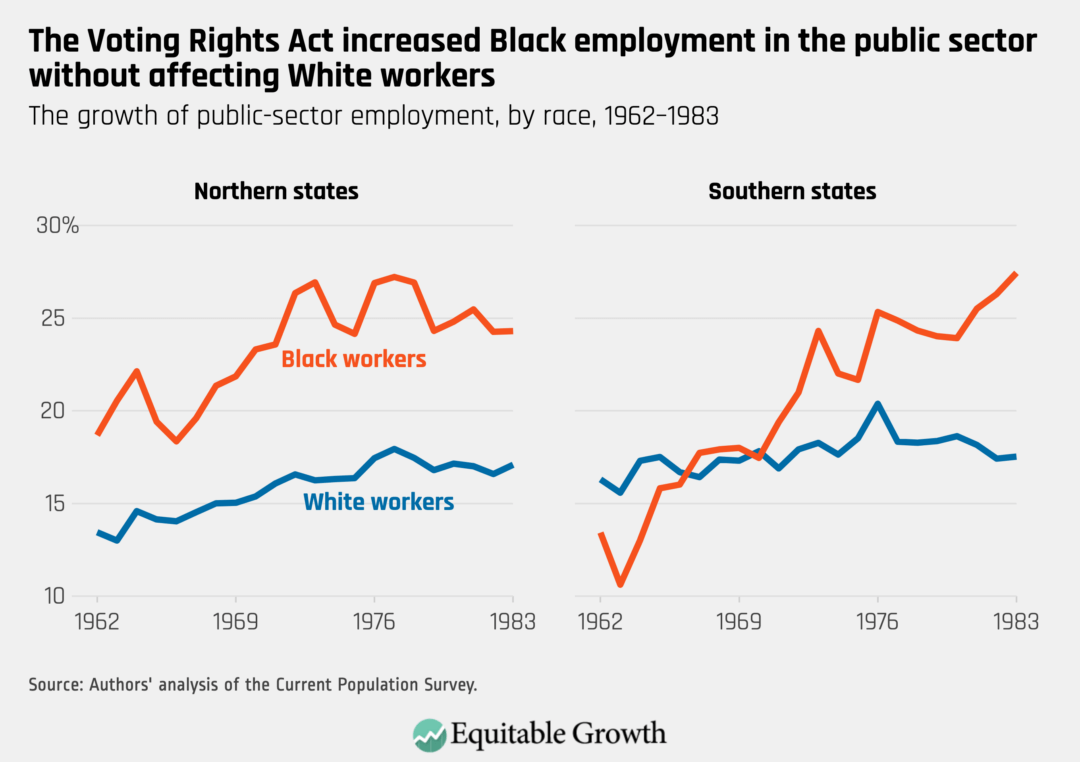“We should begin with the basic fact that black Americans have two problems: they are poor and they are black… Any program to end racism must address itself to that reality….”
— Stokely Carmichael Power & Racism: What We Want (1966 pamphlet)
During the mid to late 60’s, the main slogans of the African American social justice movements were “freedom now” and “Black Power.” It was recognized that both political power and economic power were required to attain greater freedom and empowerment in the United States. Sadly, there has been limited progress in the political sphere and even less improvement in the economic space.
African Americans are deeply under-represented in national and state political power. Currently only 3% of all US senators are African American, and no Black governors, although Blacks are 13% of the American population. There are currently no Black governors. In the House, African Americans are doing much better. In the 117th Congress, there are 57 Black members, which is consistent with the African American demographic representation.
In terms of economics there has been some progress, with a decline of poverty in the African American community over the last 60 years. Yet, Black/white disparities in income, unemployment and most particularly wealth have remained strong. According to 2019 data, African Americans had only 6% of the wealth of white Americans, leaving African Americans in deep asset poverty and overall financially vulnerable.
“…we determined to win political power, with the idea of moving on from there into activity that would have economic effects. With power, the masses could make or participate in making the decisions which govern their destinies, and thus create basic change in their day-to-day lives.”
— Stokely Carmichael Power & Racism: What We Want (1966 pamphlet)
Without political power, economic power will lag, and the same can be said the other way around. Though often overlooked, the centrality of government and government policy to the economy and economic mobility cannot be dismissed. Following the passage of the 1965 Voting Rights Act, there was a substantial increase in public sector employment for African Americans, particularly in Southern states.
Sources: Abhay Aneja’s and Carlos Fernando Avenacio-Leon’s analysis of the Current Population Survey
This surge in public sector employment had reduced the Black-white wage gap by 5.5% in just the first five years. Public sector work was held federally accountable to pursuing equitable hiring, which made it a premium employment destination. Black government workers earned 20% more than they did in the private sector, hence the large shift in employment placement. Additionally, the magnitude of the government workforce constantly grew, and offered positions that could be impacted by political power, and African Americans exercised that newly re-enfranchised power to fill vacant positions.
Two reforms that could further strengthen Black voting power and hopefully advance African American economic interests in the political sphere are declaring presidential election days (when many local elections are also held) as a national holiday day, and enabling same day registration.
In 2020, the United States had voter turnout of 70.9% for white voters and only 58.4% of non-white voters. Gustavo López and Antonio Flores found that the third most cited reason for failure to cast a ballot among registered voters was being too busy or having schedule conflicts. Of registered voters who didn’t cast a ballot, this reason accounted for 14%, or 2.7 million registered voters. This number is significant when compared to any of the nine lowest populated states that have significant impacts in national elections. For example, this figure is greater than the combined 2022 populations of Wyoming, Vermont and Alaska, the three least populous states.
Voting should not be difficult, but the reality is that people in positions of power make it difficult, which ultimately drives turnout downward and disproportionately results in lower registration and turnout for Black voters. Through 2021, 20 states enacted same day registration (SDR) policies. A 2012 study found a 10% difference in voter participation between SDR-states and non-SDR states.
The mid-20th Century Black freedom struggle has yet to attain its aims. Political and economic reforms are necessary to jump-start progress on racial equality that has been stalling for the last 50 years. Taking down barriers to voting is an important part of these reforms.
Dedrick Asante-Muhammd is NCRC’s Chief of Membership, Policy and Equity
Connor Sanchez is a Membership, Policy and Equity intern
Photo courtesy of Shutterstock




